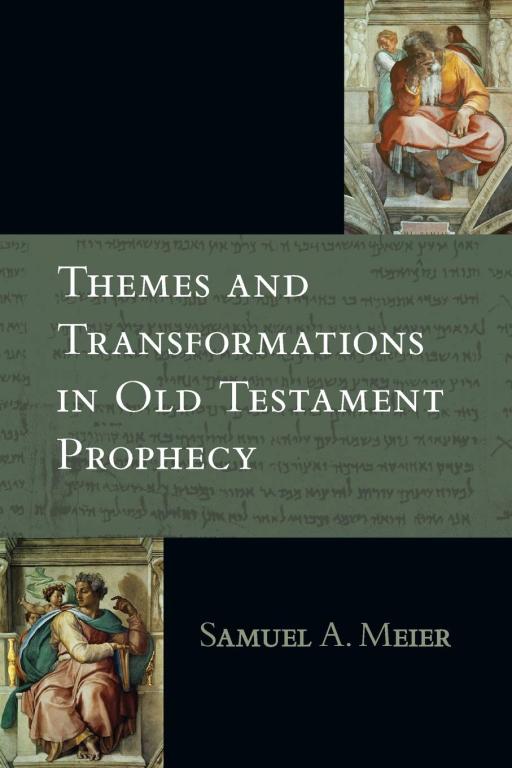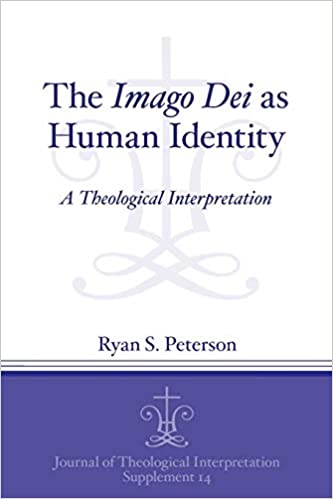
Adam Sells His Birthright
In Genesis 1, God creates man to be a king. He is to have dominion over the fish of the sea (but not the sea monsters—yet!), and flying creatures of the heavens, and over the livestock and creeping things. The man is to fill the earth and subdue it. But before man can take that dominion, he is placed in the Garden of Eden “to guard and to serve it.” This is the duty of a new priestly initiates at the doorway of the Tabernacle, where Aaron and his sons did guard duty for a full week (Leviticus 8:35). In the same way, Adam is placed in the sanctuary to guard it.
Only after his guard duty is completed can the man step out into the world to begin fulfilling the mandate. But of course the man fails in his first duty. Adam allows the Serpent to lead his bride astray, and so sells his birthright for a quick bite to eat. The birthright Adam forfeits immediate is his place as sanctuary guardian. As an unclean creature he must have his unclean flesh covered by skin, and he is cast out of the presence of God. His place as guardian is given to cherubim spirit beings (frequently called angels, though angel simply means “messenger”).
Thus, the creation is given over, not only to futility, but to angelic rulers. The world is ruled by Satan (John 12:31). This is not only an usurpation of power from God, but from man, who was created for rule. God entrusted rule to man, and man sold the world under angels. Sometimes those angels are loyal to Yahweh, and often they are not.
This is why Satan can tempt Jesus by offering to him the kingdoms of the world. Because his mission is to reclaim the world, and Satan offers him a seemingly easy route to accomplish his mission. He may bypass the cross simply by bowing down and worshiping the devil. Like Adam did.
God’s Plan to Restore Man to Rule
From Genesis to Revelation, the Bible tells the story of how God restores man to his place as ruler in the person of Jesus. History is God’s carefully orchestrated plan for the restoration of Adam’s sold birthright to mankind. Each covenant God makes with man is one step along that plan. The covenant with Noah restates the mandate given to Adam, but mankind grasps for equality with God again at Babel, and God divides mankind into nations and places the nations under angelic rulers (Deuteronomy 32:8), but determines to create a people for himself, by which he will again draw the nations to himself. This begins to take shape with the covenant with Abraham.
The covenant with Israel establishes a special priestly nation to stand between God and the nations that have been estranged to him. The terms of the mission are set out when Jacob, who becomes Israel, buys [back] the birthright from Esau, who is called “Edom,” another fallen Adam. But instead of the Serpent, this time it’s the seed of promise who is buying the birthright.
The nation of Israel will be the means by which God reconciles the world to himself. Eden, removed from the face of the earth in the flood, appears again in representation of the Tabernacle, and man is again placed in the garden sanctuary to guard and serve it. When Israel passed this priestly phase, God will give them a king after his own heart (though Israel continues in its priestly role as well).
I have argued in a recent paper on the Divine Council that Israel was chosen by God not only to be a priestly nation but to be his new Council on earth, progressively moving to the point when mankind may resume full membership in the Council. Angels give way to men—that is the message of the Book of Hebrews. Even the Angel of Yahweh gives way to Jesus the man in the timeline of redemptive history (though there is good reason to believe that the Angel of Yahweh is the pre-incarnate Son).
Transfer of Authority from Angels to Israel
When Yahweh comes down to Mount Sinai, he makes covenant to dwell with Israel as his people, and makes his home with them. The 70 elders (72 if Nadab and Abihu are counted) who dine with Yahweh on the mountain are a new Council (Exodus 24:1-11). From now on, the duties which after Adam’s fall had been given to angels are now to be restored to Yahweh’s people. This will not take place all at once, but as Israel is faithful, they are to come into their inheritance as Yahweh’s “firstborn son” (Exodus 4:22).
There is a particularly clear progression of this that we can observe in Scripture: God’s command of herem warfare. Much ink has been spilt both in accusing Israel and their God of ruthlessness on one hand and justifying them on the other. Few have noted what is happening here on a redemptive-historical level.
Herem Warfare and Israel
First, it is necessary to understand what herem warfare is all about. Herem means devotion or dedication. In the case of warfare it is dedication to destruction, but herem also speaks of anything devoted to Yahweh (Leviticus 27:28). Thus, herem it does not literally mean “complete destruction,” but rather dedication to Yahweh. When a city is burned up as a dedication, it is sent into God’s presence for immediate and personal judgment. Furthermore, the city is devoted by destruction in “the fire,” which is probably a reference to Yahweh’s fire from the altar. It is Yahweh’s fire that sends them up for judgment.
Not every Canaanite city is placed under herem. Michael Heiser notes a pattern in his Unseen Realm, that cities placed under herem are particularly those where the so-called nephilim or their descendants the gibborim and Anakim are to be found—essentially the cities of the giants are those that are to be devoted by destruction (Joshua 11:21-22). While I disagree with Heiser as to the nature of the nephilim (I do not believe they are the hybrid offspring of spirit beings and human women), his observation about the pattern is sound. I do think that the giant-cities are those more embroiled in the idolatrous worship of evil spirit beings, and that is why they must be entirely eliminated.
Dedication to destruction is not about bloodlines. It is not about Yahweh having a particular grudge against the Canaanite races as such. It is about gross idolatry, plain and simple. The easiest way to see this is to notice that Jericho, being closely associated with Moab (Numbers 22:1; 26:3, 63; 31:12; Deuteronomy 32:49; 34:1) was under herem, but Rahab and her family escaped judgment because Rahab believed in the God of Israel and demonstrated her faith by protecting Yahweh’s people (Joshua 6:16).
Similarly, the Hivites of Gibeon were under herem (Deuteronomy 20:17), but the Hivites of Gibeon were spared because they made peace with Yahweh’s people (Joshua 9). Gibeon does this by “cunning,” or “prudence,” and so although they are spared, their first generation becomes the servants of Israel. The implication of Joshua’s words in Joshua 9:22-23 is that had they been more forthcoming about who they were when they made peace they might not only have been spared but they may not have been reduced to servitude—no such degradation was imposed upon Rahab, after all.
Nevertheless, the Hivites of Gibeon and its cities are the only ones to be spared because they are the only ones who make peace with Yahweh (Joshua 11:19). The way to escape devotion to destruction is open for those who will take it. While their first generation is subject to menial servitude because of their deceit, their descendants hold a high place in Israel’s history: the tabernacle is later stationed in the city of Gibeon (1 Chronicles 16:39), and the ark itself was housed at the Hivite city of Kireath-jearim (Joshua 9:17; 1 Samuel 7:1-2). James Jordan observes further that Joshua’s treaty with the Hivites of Gibeon fulfills the requirements of the covenant that Simeon and Levi made with the Hivites at Shechem.
In the Abrahamic covenant, God designates Canaan as the land of promise, and Abraham goes about the land building altars as the prophet of the Almighty. But the guilt of the Amorites is not yet filled up, so God delays their judgment and Abraham’s inheritance for four generations (Genesis 15:16) until Joshua’s conquest. There is, however, a city whose judgment God does not delay.
We’ll examine this further in part 2.












